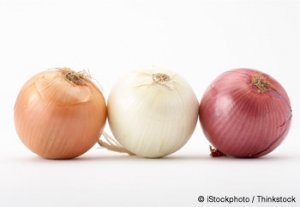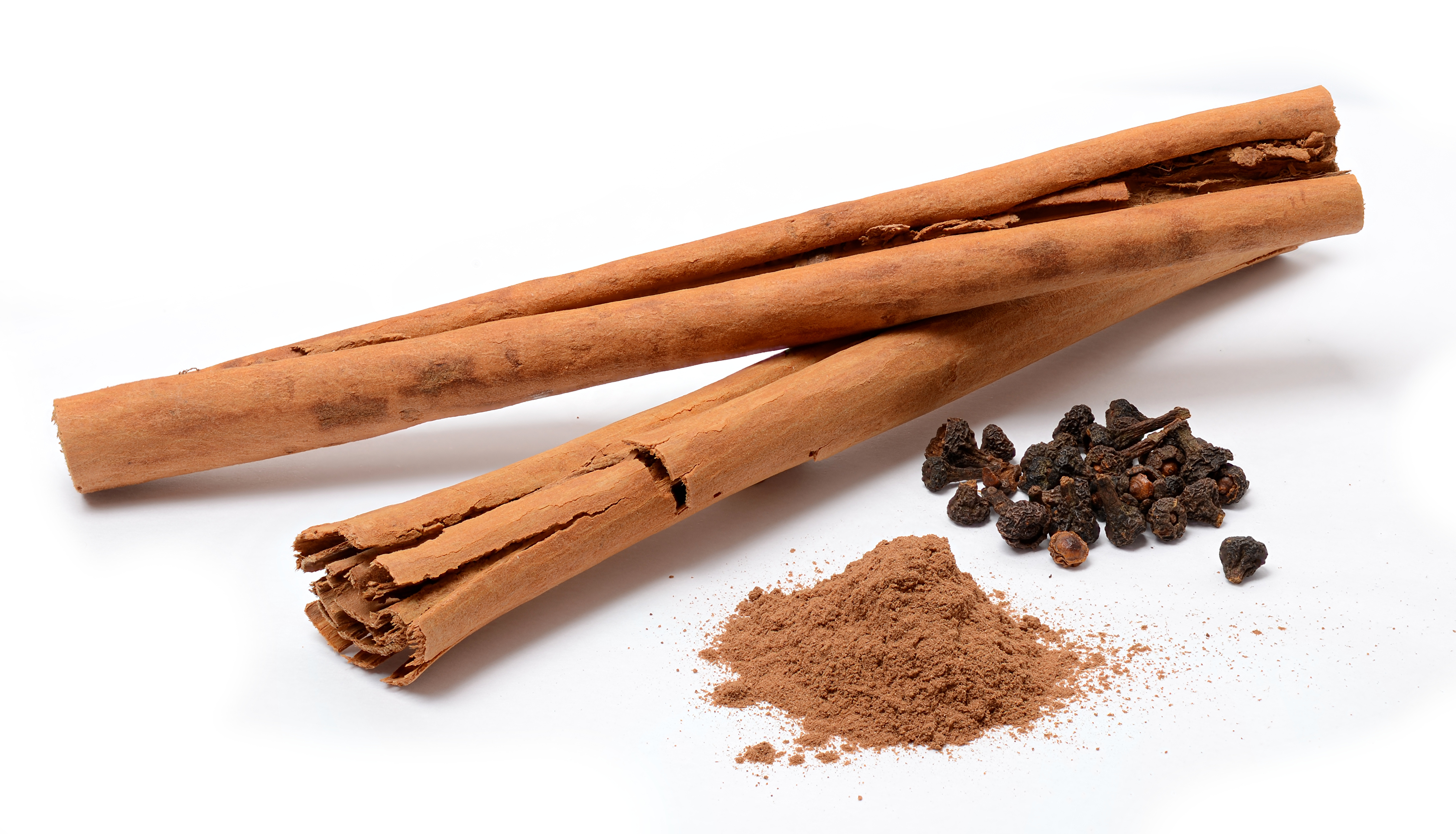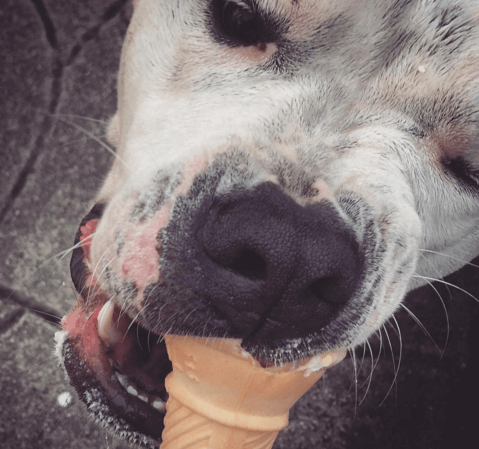It seems like everyone knows the risk that chocolate poses to dogs from an early age, but there’s more than one item in your kitchen that could harm your furry friends, some of which are pretty surprising
Grapes
A negative reactions to grapes is well documented in dogs. Though the exact substance that causes the reaction is not yet known, even small amounts can cause kidney failure and sometimes prove fatal. While every dog is affected differently, some not being affected at all, it’s better safe than sorry with this one.
Onions

Onions contain a compound that can damage red blood cells in dogs causing them to become weaker and move around less. If enough onions are consumed, a blood transfusion might be necessary. If you think your dog may have eaten onions, be sure to monitor their behavior carefully.
Avocado

Avocado leaves, pits, bark and fruit contain a toxin called persin. Avocados can have toxic effects on dogs depending on the variety. They can cause upset stomachs in dogs, breathing difficulties, and fluid buildup in the chest.
Cinnamon

Cinnamon and its oils can irritate the inside of pets’ mouths, making them uncomfortable and sick. It can lower a dog’s blood sugar too much and can lead to diarrhea, vomiting, increased, or decreased heart rate and even liver disease. If they inhale it in powder form, cinnamon can cause difficulty breathing, coughing, and choking.
Garlic

Like onions, leeks, and chives, garlic is part of the Allium family, and is five times more toxic to dogs than the rest of the Allium plants. Garlic can create anemia in dogs, causing side effects such as pale gums, elevated heart rate, weakness, and collapsing. Poisoning from garlic and onions may have delayed symptoms, so if you think your dog may have eaten some, monitor him or her for a few days, not just right after consumption.
Apple cores and seeds
Though a dog may enjoy a few bites of apple for a sweet treat, the seeds contain cyanide in amounts too small to affect humans, but enough to have devastating effects on some dogs.
Bacon
I know, I know. Apologize to your dog for me but in spite of bacon’s undeniable deliciousness, it really shouldn’t be fed to your dog. Foods rich in fat, like bacon, can lead to the disease pancreatitis in dogs. Once a dog has developed pancreatitis, their pancreas can become inflamed and stop functioning correctly. Maybe stick to beggin strips.
Products containing xylitol
Xylitol is used as a sweetener in many products, including gum, candy, baked goods and toothpaste. It can cause insulin release in most species, which can lead to liver failure. The increase in insulin leads to hypoglycemia (lowered sugar levels). Initial signs of toxicosis include vomiting, lethargy and loss of coordination. Signs can progress to seizures. Elevated liver enzymes and liver failure can be seen within a few days. This sneaky sweetener can also hide out in products like peanut butter, so be sure to check all ingredients.
Macadamia nuts
These are some of the most poisonous foods for dogs. Macadamia nuts, part of the Protaceae family, and can cause vomiting, increased body temperature, inability to walk, lethargy, and vomiting. Even worse, they can affect the nervous system. Avoid macadamia nuts and be sure to pick up any and all that may fall on the ground.
Dairy products (yes, even cheese)
Canines don’t digest dairy very well, and many even have a slight intolerance to lactose, a sugar found in milk products. Dairy products, can cause problems if consumed in excess. Symptoms like gas, diarrhea and vomiting can all occur if a dog consumes too much dairy.


0 Comments
Leave A Comment